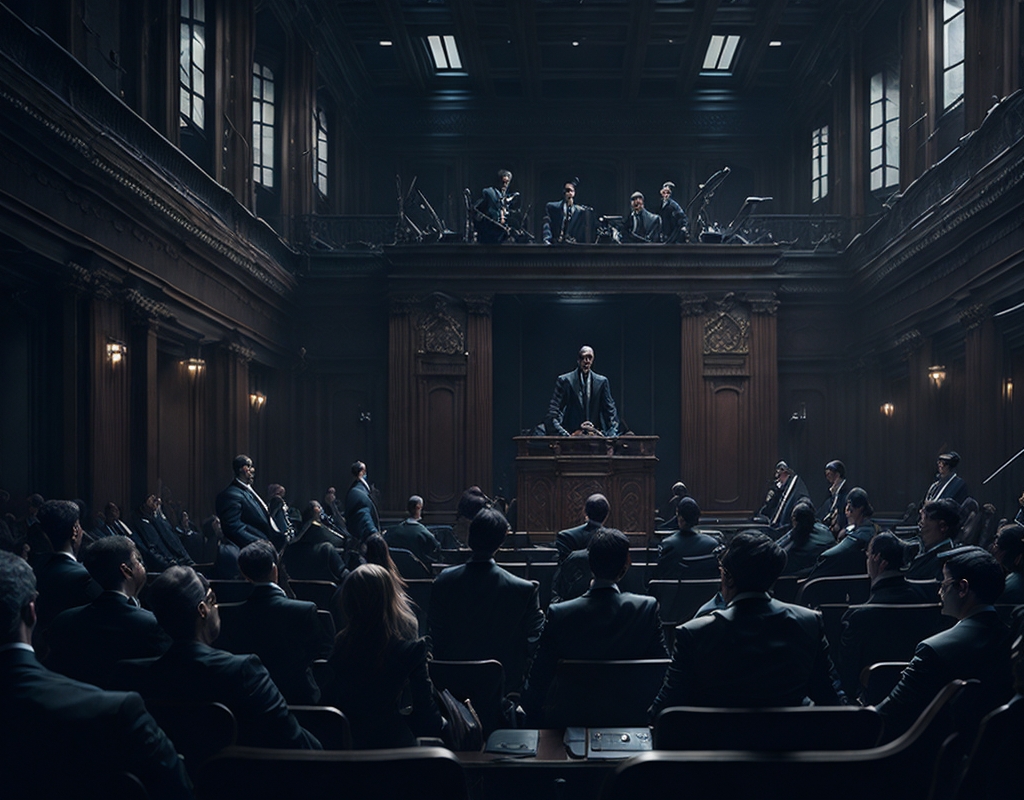
“Legal Battle Looms Over AI Music Creation and Copyright Issues”

Artificial intelligence (AI) has rapidly advanced, particularly in the realm of generative music, but now it faces significant legal challenges. Reports indicate that a leading member of the Record Industry Remember Association of America (RIAA) is gearing up to initiate a lawsuit against various generative music startups. This litigation could potentially disrupt the AI sector significantly, prompting a critical reassessment of copyright, ownership, and innovation within the industry.
The main issue for the RIAA is the allegation that these startups are generating new music by utilizing existing compositions without appropriate permissions, potentially violating copyright laws. The forthcoming legal debate will likely delve into whether AI-created music should be considered a derivative or transformative work, and if its use of copyrighted materials qualifies as fair use.
The lack of precedents in the legal treatment of AI-generated content makes this situation particularly precarious, contributing to a climate of uncertainty for companies as they try to comply with copyright regulations while avoiding legal troubles.
This lawsuit could profoundly impact the generative music sector, possibly curbing innovation and deterring future investment. Nonetheless, it might also trigger crucial developments in the industry, leading to the creation of new business practices and licensing models that better align with the capabilities of AI-generated content.
Despite criticisms from some quarters of the industry viewing the RIAA’s potential legal actions as counterproductive, others see AI’s role in music as a revolutionary force that could broaden creative boundaries and introduce new opportunities for monetization and inclusivity in the industry.
This impending lawsuit is expected to become a landmark case, setting precedents for how AI-generated content is handled not just in the music industry but across various sectors where AI plays a role. Establishing clear regulations is essential to ensuring that AI’s integration into our daily lives is beneficial and respects traditional content creators while promoting continued innovation.
As the generative music industry prepares to confront these legal challenges, many firms are already taking measures such as negotiating with copyright holders and seeking innovative licensing solutions for AI-generated compositions.
Ultimately, this legal battle may prompt the vital changes needed to clarify copyright laws related to AI. With the industry poised for a potentially transformative court case, the decisions made will undoubtedly influence the direction of AI-generated content for the foreseeable future.